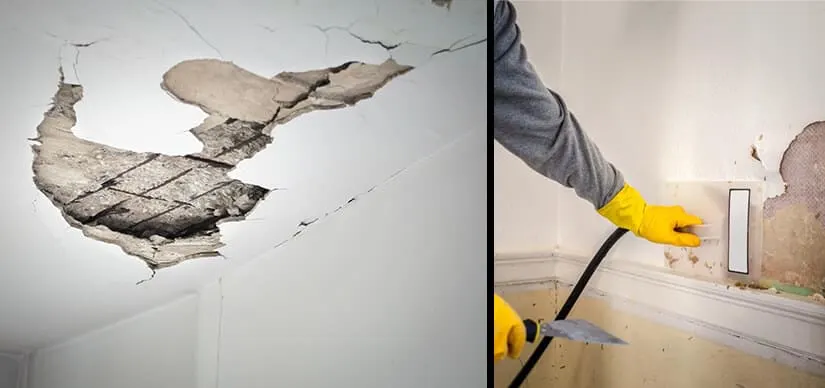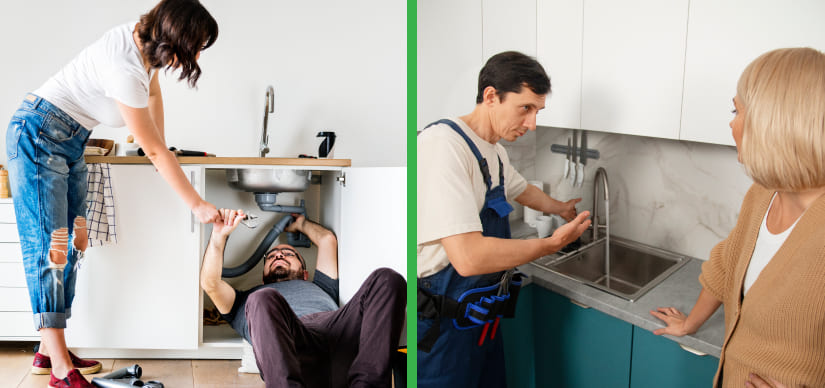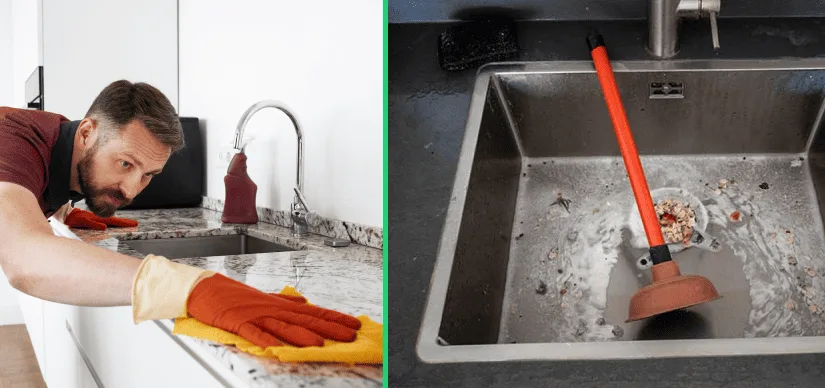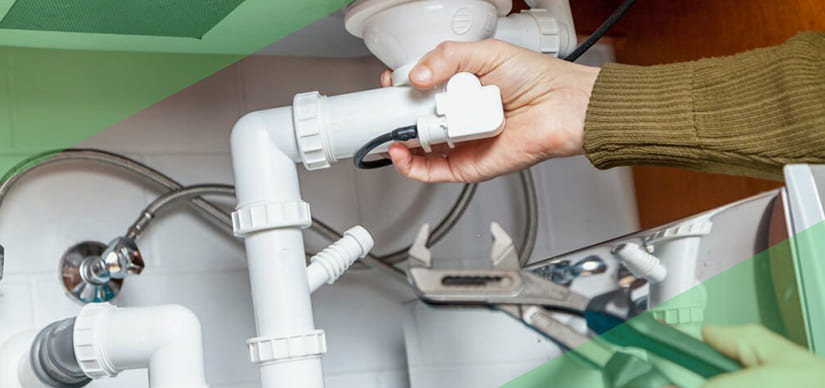How to Prepare for Plumbing Emergencies in San Diego Homes
Views : 200
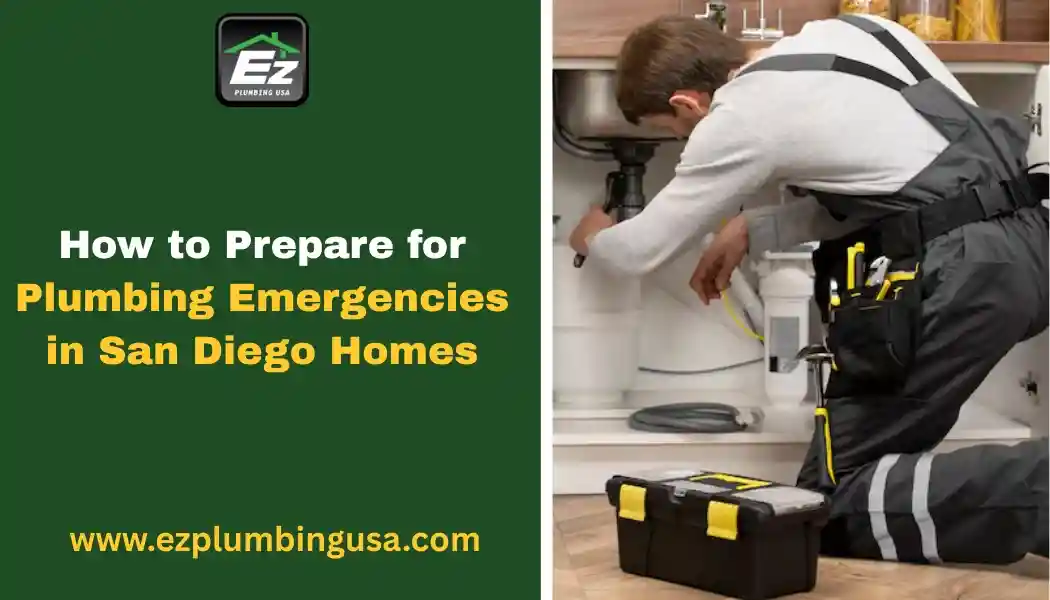
Why Every Home Needs an Emergency Plumbing Plan
Know the Main Water Shut- Off Valve Location
- Look near the water cadence or surface walls
- Test the stopcock sometimes to insure it turns easily
- Educate all adult ménage members how to operate it
Keep a List of Emergency Contacts
- emergency plumber
- Water mileage company
- Insurance provider
- Original water damage restoration experts
Identify Common Plumbing Risks in Your Home
- Water heaters
- Washing machine hoses
- Garbage disposals
- Toilets and under- Gomorrah pipes
- out-of-door gates in colder months
Create an Emergency Plumbing Kit
- Adjustable wrench
- Plumber’s tape
- Plunger
- Towels and buckets
- Rubber gloves
- Flashlight
Monitor Water Pressure and operation
- Weak water inflow in showers or gates
- handling toilets
- Unexplained humidity or warm spots on bottoms
Insulate Pipes in Cold Weather
- Wrapping exposed pipes with sequestration sleeves
- Draining out-of-door hoses and sprinkler lines
- Opening press doors during cold nights to warm pipes
Perform Regular Plumbing conservation
- Water heater function
- Drain health and clogs
- Pressure situations
- Leak discovery
Educate the Household on Emergency Response
- Shutting off water
- Calling the plumber
- Using the emergency tackle
- Staying down from electrical areas during leaks
Understand What Your Insurance Covers
- Water damage rejections
- Coverage for pipe bursts vs. slow leaks
- Sewer backup content
- Preferred providers for emergency plumbing service San Diego
Respond Incontinently to Warning Signs
- Gurgling drains
- Sewer smells
- Constant sopping
- Unusual noises from your water heater
Conclusion
FAQs
Q1. What should I do during a plumbing emergency?
Shut off the main water valve, minimize water spread, and call a trusted 24-hour plumber in San Diego immediately. Acting quickly limits the damage and speeds up repairs.
Q2. How can I find emergency plumbers in San Diego?
Search online or ask for referrals. Look for certified, insured professionals who offer 24/7 service. Save their contact information ahead of time for quick access during emergencies.
Q3. What are common signs of a future plumbing emergency?
Watch for slow drains, gurgling sounds, frequent clogs, high water bills, or dripping faucets. These often indicate hidden issues that can escalate quickly.
Q4. Are plumbing emergencies covered by insurance?
Some are, especially sudden events like pipe bursts. However, slow leaks or neglect may not be covered. Check with your insurance provider for specific policy details.
Q5. Can I prevent all plumbing emergencies?
Not all, but many can be avoided with regular maintenance, quick attention to warning signs, and installing modern plumbing fixtures. Prevention is key.

